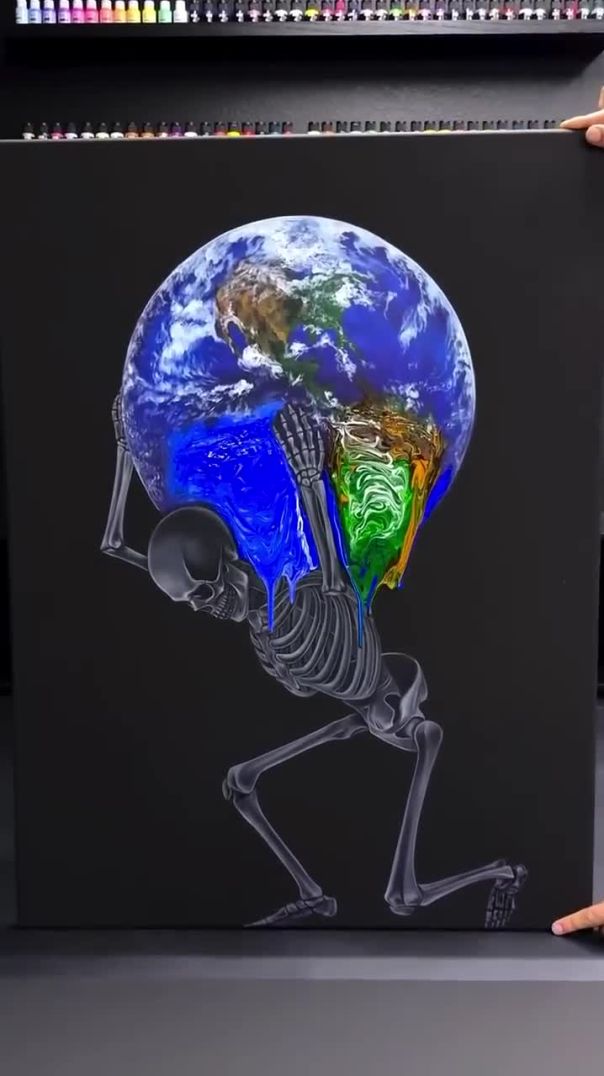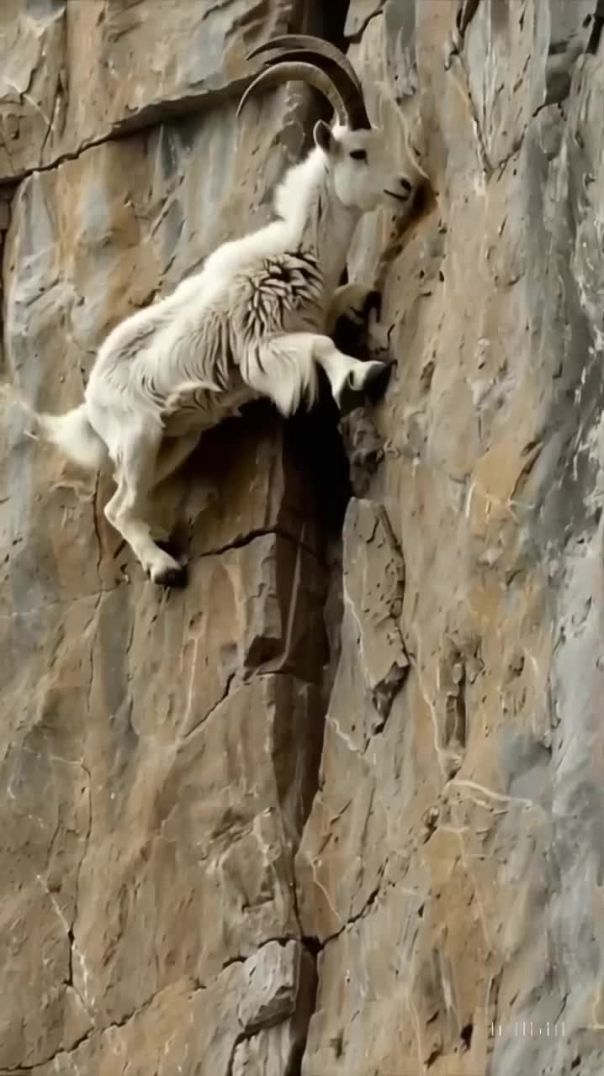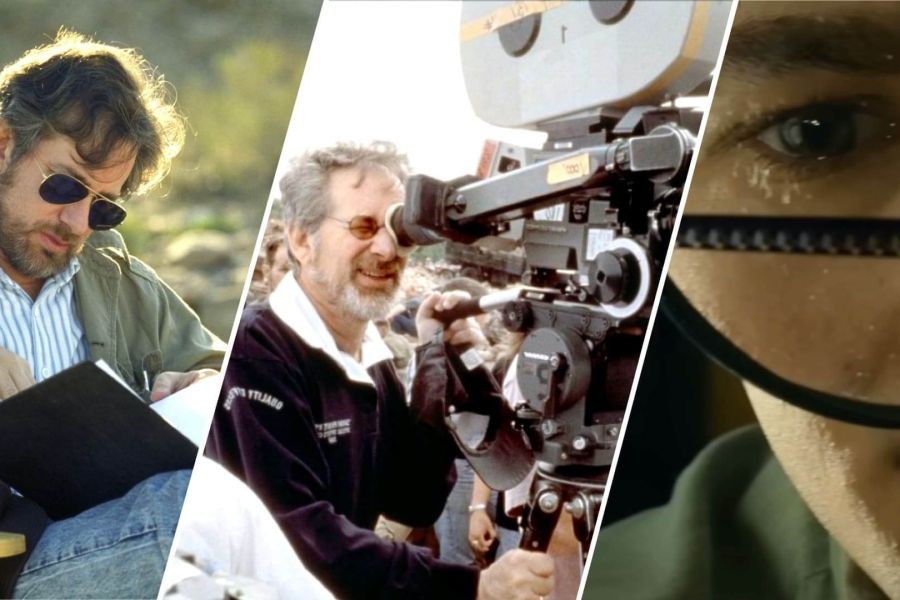Introduction
Imagine a world where every breathtaking landscape is a potential film set. This is not a fantasy but a reality in New Zealand, a country whose unique terrain has attracted filmmakers from every corner of the globe. The country's diverse landscapes, ranging from serene beaches to rugged mountains, provide an unparalleled backdrop for epic film productions. But why does this matter? For investment bankers, understanding the film industry's impact on New Zealand's economy can reveal lucrative opportunities, especially in light of the country's growing reputation as a prime filming destination.
In recent years, film productions have contributed significantly to New Zealand's GDP, with the industry generating approximately NZD 3.3 billion annually (Source: Stats NZ). This boom is not just about the immediate economic benefits. It also involves long-term investments in infrastructure, tourism, and local talent development. As we delve deeper, let's explore why New Zealand's landscapes are perfect for epic film productions and how this trend offers substantial returns for investors.
New Zealand’s Diverse Landscapes: A Filmmaker’s Paradise
The enchanting landscapes of New Zealand have been the silent stars of many blockbuster films. From the ethereal beauty of Fiordland National Park, which captivated audiences in "The Lord of the Rings," to the volcanic landscapes of Tongariro National Park, featured in "The Chronicles of Narnia," the country's natural diversity is a filmmaker's dream. But it's not just about aesthetics. The practical advantages of filming in New Zealand are extensive, offering financial incentives and logistical ease that make it an attractive option for producers worldwide.
Financial Incentives: Boosting New Zealand’s Economy
New Zealand offers generous financial incentives to film producers through its Screen Production Grant, which provides a rebate of up to 20% on qualifying New Zealand production expenditure. This initiative, managed by the Ministry of Business, Innovation, and Employment (MBIE), has been pivotal in attracting international films. The economic ripple effect is significant, with increased demand for local services, employment opportunities, and tourism. For instance, the filming of "Avatar" contributed an estimated NZD 200 million to the local economy, showcasing the powerful impact of these productions (Source: MBIE).
Case Study: The Lord of the Rings—A Cinematic Success Story
Problem: When Peter Jackson set out to film "The Lord of the Rings," he faced the challenge of finding landscapes that matched J.R.R. Tolkien's vivid descriptions of Middle-earth. Many doubted whether such a place existed on Earth.
Action: Jackson chose New Zealand for its diverse and untouched landscapes, leveraging the country's natural beauty to bring Middle-earth to life. The production utilized over 150 locations across New Zealand, providing a significant boost to local economies.
Result: The trilogy grossed nearly USD 3 billion worldwide and significantly increased tourism to New Zealand, with a 40% rise in visitors citing the films as a major reason for their visit (Source: New Zealand Tourism). The films also helped solidify New Zealand’s reputation as a top-tier destination for film production.
Takeaway: This case highlights how New Zealand's landscapes can transform film projects into global phenomena, offering substantial economic benefits. Investors can leverage these insights to support infrastructure and tourism-related ventures that capitalize on the film industry’s impact.
Beyond Scenery: The Infrastructure Advantage
While New Zealand's landscapes are a significant draw, the country's infrastructure further enhances its appeal for film productions. New Zealand boasts modern film studios, skilled local crews, and cutting-edge technology, making it a competitive hub for the film industry. For instance, Wellington's Weta Workshop and Weta Digital are world-renowned for their special effects and post-production work, having contributed to films like "Avatar" and "The Hobbit."
Investment Opportunities in Film Infrastructure
Given the rising demand for film services, investment in infrastructure presents a lucrative opportunity. The establishment of new studios and expansion of existing facilities can cater to increased production needs. Additionally, investments in technology and training for local talent can enhance the country's competitive edge in the global market.
Debunking Myths: Common Misconceptions About New Zealand’s Film Industry
Myth: "New Zealand is too remote for major film productions."
Reality: With modern technology and efficient logistics, New Zealand's location is no longer a barrier. The country's time zone allows for almost continuous work cycles with the U.S. and Europe, facilitating real-time collaboration on international projects.
Myth: "Filming in New Zealand is only for fantasy and adventure films."
Reality: While known for fantasy genres, New Zealand's landscapes have featured in various film categories, including dramas and thrillers, demonstrating their versatility.
Pros and Cons: Filming in New Zealand
Pros:
- Stunning Locations: Diverse landscapes offer unique backdrops that enhance film narratives.
- Financial Incentives: Generous grants and rebates reduce production costs.
- Skilled Workforce: Access to experienced local crews and world-class post-production facilities.
Cons:
- Weather Variability: Unpredictable weather can affect shooting schedules.
- Logistical Challenges: Remote locations may require additional planning for transport and accommodation.
- Resource Intensity: High demand for local resources can strain infrastructure during peak production periods.
Future Trends: The Evolving Film Landscape in New Zealand
The future of New Zealand's film industry looks promising, with technological advancements and changing consumer preferences shaping its trajectory. The rise of virtual reality (VR) and augmented reality (AR) in filmmaking could further enhance the appeal of New Zealand’s landscapes, offering immersive experiences for audiences worldwide.
According to a report by NZTech, the integration of digital technologies is expected to drive a 15% annual growth in New Zealand’s film sector over the next five years. Additionally, government initiatives to support sustainable film practices will likely attract more eco-conscious productions.
Conclusion: Capitalizing on New Zealand’s Film Production Boom
New Zealand's unique landscapes, coupled with robust infrastructure and financial incentives, position the country as a premier destination for epic film productions. For investment bankers, the film industry's growth presents opportunities to invest in infrastructure, technology, and tourism-related ventures that will yield substantial returns.
As the industry evolves, staying informed about emerging trends and government policies will be crucial for maximizing investment potential. By embracing these opportunities, investors can play a pivotal role in driving economic growth and promoting New Zealand as a global leader in film production.
Final Takeaway: New Zealand’s film industry is not just about creating cinematic magic—it’s a thriving economic sector that offers diverse investment opportunities. Are you ready to explore the potential? Share your thoughts and join the conversation below!
People Also Ask (FAQ)
What makes New Zealand's landscapes ideal for film productions?
New Zealand's landscapes offer unparalleled diversity, from beaches to mountains, providing unique backdrops for various film genres. This versatility, combined with financial incentives, attracts international filmmakers.
How does the film industry impact New Zealand's economy?
The film industry contributes approximately NZD 3.3 billion annually to New Zealand's GDP, boosting local economies through job creation and increased demand for services and tourism.
What are the biggest misconceptions about filming in New Zealand?
One common myth is that New Zealand is too remote for major productions. However, efficient logistics and technology have mitigated these challenges, making it an attractive filming location.
Related Search Queries
- New Zealand film industry growth
- Financial incentives for filmmakers in New Zealand
- Impact of film productions on New Zealand's economy
- Top filming locations in New Zealand
- Investment opportunities in New Zealand's film industry
- Future trends in film production
- New Zealand's role in global cinema
- Challenges of filming in New Zealand
- Sustainable film production practices
- New Zealand's film infrastructure development































